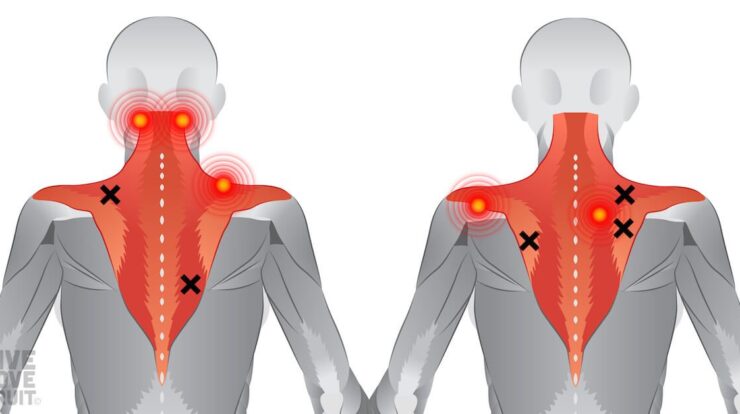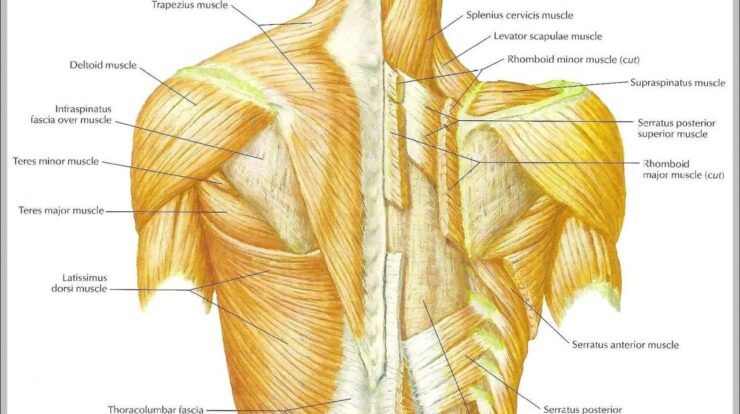
Tired of painful, bleeding gums? Don’t let gum disease ruin your smile! In this ultimate guide, we’ll reveal how to cure gum disease without a dentist, using simple home remedies, effective over-the-counter treatments, and essential lifestyle changes. Get ready to say goodbye to gum problems and hello to a healthy, radiant smile!
Home Remedies
Gum disease is a common problem that can lead to serious health issues if left untreated. While it’s important to see a dentist for regular checkups and cleanings, there are also a number of home remedies that can help to improve gum health.
One of the most effective home remedies for gum disease is saltwater rinsing. Saltwater helps to reduce inflammation and kill bacteria, which can help to improve gum health. To make a saltwater rinse, simply dissolve 1/2 teaspoon of salt in 8 ounces of warm water.
Rinse your mouth with the saltwater for 30 seconds, then spit it out. Repeat this process several times a day.
Another effective home remedy for gum disease is tea tree oil. Tea tree oil is a natural antiseptic and antibacterial agent that can help to kill bacteria and reduce inflammation. To use tea tree oil for gum disease, add a few drops of tea tree oil to a cup of water.
Swish the mixture around your mouth for 30 seconds, then spit it out. Repeat this process several times a day.
Finally, you can try using baking soda to improve your gum health. Baking soda is a natural alkaline that can help to neutralize acids in the mouth, which can help to reduce inflammation and kill bacteria. To use baking soda for gum disease, make a paste of baking soda and water.
Apply the paste to your gums and let it sit for 5 minutes, then rinse your mouth with water. Repeat this process several times a day.
It’s important to note that home remedies for gum disease are not a substitute for regular dental care. If you have gum disease, it’s important to see a dentist to get a professional diagnosis and treatment plan. Home remedies can help to improve gum health, but they should not be used as a replacement for professional dental care.
Over-the-Counter Treatments

Over-the-counter (OTC) treatments for gum disease are available at most pharmacies and can help reduce symptoms and improve gum health.
Antibacterial Mouthwashes
- Contain ingredients like chlorhexidine or cetylpyridinium chloride that kill bacteria and reduce inflammation.
- Effective in reducing plaque and gingivitis, but may cause temporary tooth staining.
Antiseptic Mouthwashes
- Contain ingredients like hydrogen peroxide or alcohol that kill bacteria and reduce plaque.
- Can be effective in reducing gum inflammation and bleeding, but may be harsh on the mouth.
Gum Stimulators
- Small brushes or picks that help remove plaque and debris from the gum line.
- Can help improve gum health by stimulating blood flow and reducing inflammation.
Anti-Inflammatory Gels, How to cure gum disease without a dentist
- Contain ingredients like ibuprofen or naproxen that reduce inflammation and pain.
- Can provide temporary relief from gum pain and discomfort.
The effectiveness of OTC treatments varies depending on the individual and the severity of their gum disease. It’s important to consult with a healthcare professional before using any OTC treatments for gum disease to ensure they are appropriate and effective.
Lifestyle Changes
Gum disease is no joke, and it’s not something you want to mess with. Luckily, there are some lifestyle changes you can make to prevent or even treat gum disease. Let’s dive in and see what you can do to keep your gums healthy and strong.
Diet
What you eat can have a big impact on your gum health. Sugary foods and drinks are a major no-no because they feed the bacteria that cause gum disease. Instead, focus on eating healthy foods like fruits, vegetables, and whole grains.
These foods are packed with vitamins and minerals that help keep your gums strong and healthy.
Smoking
Smoking is one of the worst things you can do for your overall health, and it’s especially bad for your gums. Smoking damages the tissues in your mouth, making it easier for bacteria to get in and cause gum disease.
If you’re serious about preventing gum disease, quitting smoking is a must.
Oral Hygiene
Brushing and flossing your teeth regularly is the best way to prevent gum disease. Brushing helps remove plaque and bacteria from your teeth, while flossing helps remove it from between your teeth. Aim to brush your teeth twice a day and floss once a day.
You should also see your dentist for regular checkups and cleanings.
Surgical Treatments

Surgical treatments for gum disease are procedures performed by a dentist or periodontist to remove diseased gum tissue and bone, and to reshape the bone to support healthy gum tissue. Surgery may be necessary when other treatments, such as scaling and root planing, have not been successful in controlling the disease.
When is Surgery Necessary?
Surgery may be necessary if:
- The gum disease is severe and has caused significant damage to the gums and bone.
- The gum disease is not responding to other treatments.
- The patient has a weakened immune system.
- The patient has other health conditions that make it difficult to control the gum disease.
Risks and Benefits of Surgical Treatments
Surgical treatments for gum disease can be effective in improving the health of the gums and bone. However, there are some risks associated with surgery, including:
- Infection
- Bleeding
- Pain
- Damage to the teeth or roots
- Nerve damage
The benefits of surgical treatments for gum disease include:
- Removal of diseased gum tissue and bone
- Reshaping of the bone to support healthy gum tissue
- Improved gum health
- Reduced risk of tooth loss
The risks and benefits of surgical treatments for gum disease should be discussed with a dentist or periodontist before making a decision about whether or not to have surgery.
Alternative Therapies: How To Cure Gum Disease Without A Dentist
Alternative therapies offer a holistic approach to gum disease treatment, utilizing natural remedies and techniques to promote oral health and healing.
These therapies focus on addressing the underlying causes of gum disease, such as bacterial imbalances and inflammation, rather than merely suppressing symptoms.
Herbal Remedies
- Green Tea:Contains polyphenols that inhibit bacterial growth and reduce inflammation.
- Turmeric:Curcumin, an active compound in turmeric, has antibacterial and anti-inflammatory properties.
- Aloe Vera:Soothes irritated gums, reduces inflammation, and promotes healing.
Oil Pulling
This ancient Ayurvedic practice involves swishing oil (typically coconut or sesame oil) in the mouth for 10-15 minutes daily. It helps draw out toxins, reduce inflammation, and kill bacteria.
Acupuncture
Acupuncture involves inserting thin needles into specific points on the body to stimulate healing and reduce inflammation. It may help improve blood circulation to the gums and promote tissue regeneration.
Dietary Changes
Adopting a healthy diet rich in fruits, vegetables, and whole grains can provide essential vitamins and minerals for gum health. Limiting sugary and processed foods helps reduce inflammation and bacterial growth.
Risks and Benefits
While alternative therapies can offer potential benefits, it’s crucial to consult a healthcare professional before incorporating them into your treatment plan. Some therapies may interact with medications or have side effects.
Last Recap

So, whether you’re looking for natural remedies, quick fixes, or long-term solutions, this guide has got you covered. Remember, preventing and treating gum disease is all about taking care of your oral health. By following these tips and consulting with your healthcare professional when necessary, you can maintain a healthy smile for years to come.
FAQ
Can I cure gum disease permanently without a dentist?
While some home remedies and lifestyle changes can improve gum health, it’s important to consult a dentist for proper diagnosis and treatment to address underlying causes and prevent further complications.
What are the best home remedies for gum disease?
Saltwater rinses, baking soda, and tea tree oil are effective natural remedies that can reduce inflammation and kill bacteria.
Can over-the-counter treatments cure gum disease?
Over-the-counter mouthwashes and gels can help manage symptoms, but they may not be sufficient to treat severe gum disease.





